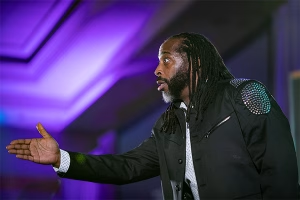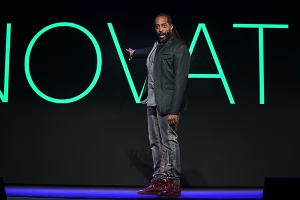Inclusion is more than a corporate buzzword—it’s a necessity for fostering innovation, collaboration, and trust within teams. But how do leaders create truly inclusive work environments where every voice feels valued? The answer lies in the unexpected power of poetry. As Sekou Andrews, the innovator of Poetic Voice, has shown, poetry can break down barriers, bridge divides, and cultivate a culture of belonging in the workplace.
Poetry thrives on diversity. It celebrates different perspectives, backgrounds, and experiences, weaving them together into a unified narrative. Leaders who incorporate poetry into their communication can reflect their team’s unique voices and experiences, making employees feel seen, heard, and respected. This level of representation fosters trust and engagement, key components of an inclusive workplace.
Poetry also creates a safe space for dialogue. Its vulnerability and honesty allow leaders to address sensitive topics, such as diversity, equity, and inclusion (DEI), with authenticity and empathy. By using poetic language to explore these complex issues, organizations can foster understanding and build stronger connections among team members.
Inclusion isn’t just about representation—it’s about connection. Poetry taps into universal emotions, reminding teams of their shared humanity while celebrating their differences. This emotional resonance inspires collaboration, creativity, and a deeper commitment to shared goals.
Incorporating poetry into workplace communication isn’t just innovative—it’s transformative. It helps leaders build bridges, spark conversations, and create an environment where inclusion isn’t just a policy—it’s a way of life.


